We welcome you to know more about the roots, mission and vision of the PCC
The Basel Missionaries arrived the coast of Cameroon on Dec 23rd 1886 with faith and zeal to plant God’s word in the Cameroonian soil. The first three who arrived were: Rev Gottlieb Munz, Rev Christian Dilger, Rev Johannes Bizer and Rev Friederich Becher. Rev Becker unfortunately died of malaria four days after their arrival. Writing back home about this, Rev Christian Dilger had this to say “It is the Lord whom it has pleased to introduce our band in such a way. We therefore can and will not withdraw.” And they did not withdraw.
From then on, through rough terrain, under difficult weather, threatened by the deadly malaria fever, they strode over long distances, taking the gospel of the resurrected Jesus Christ to Cameroonians. Their zeal was daunted only by the First World War when Germany finally succumbed to the military pressure of Britain and France and the territory was partitioned. Britain was in control of 1/5 of the colonial territory and France had 4/5. This had serious consequences on the missionary enterprise. The missionaries, especially Germans, were forced to leave Cameroon since it was feared that the Germans could use their nationals to achieve their wish of reclaiming Cameroon (the last white missionaries to leave were the Australian R. Rhode, and the American Bender) and missionary work of the Basel Mission was left in the hands of the indigenes, championed by Johannes Litumbe Ekese who directed the affairs of the Basel mission with some native teachers/catechists. Basel Missionary stations in the French Cameroon were left for some time unattended, until 1917 when the French-Paris Mission came in on the invitation of the Basel Mission.
After the world war, the Basel missionaries did not return to Cameroon until 1923 when the Home Board applied for the return of their missionaries. The Home Board of the mission was permitted to send back to Cameroon only three Swiss missionaries to serve under the French-Paris mission. In 1925, full permission was granted for the return of Basel missionaries. By December of that year Rev. Vielhauer returned to Bali. Others followed him shortly after.
By the early thirties the Basel mission had opened many new schools, medical institutions and theological colleges. In 1939, the works of the various missionary bodies in Cameroon were once more nearly grounded as a result of the Second World War. White missionaries had to leave the country. The works in the mission stations were carried out mostly by the native Pastors, Catechists and Teachers. After the war, many white Basel missionaries did not come back to Cameroon. This created the problem of personnel for the work in the field. In order to combat the problem the Home Board of the mission recommended the ordination and training of indigenous teachers/catechists to take up the mission work in the country.
As time went on, the Basel Mission thought the Church they had founded in Cameroon needed to be independent. For this to happen the Church had to be self-propagating (can evangelise on its own), self-governing (can govern itself), and self-supporting (can finance its own activities). By 1957, both the Basel mission and the indigenes thought the time was ripe for independence. Consequently, on the 13th of November 1957, at 11am, the Presbyterian Church in Cameroon was born when the final draft of the constitution was unanimously adopted at Ntanfoang-Bali. This was followed by prayer, hymns of praise and the ringing of the Ntanfoang Church bell.From then on the Presbyterian Church has grown in leaps and bounds and now exists in all of the ten regions of Cameroon.
The early history of this rapidly growing church can be traced as far back as 1843 when the Alfred Saker of the English Baptist Missionaries Society started work in Fernandopo, which is today and integral part of the Republic of Equitorial Guinea. However, the direct lineage of the PCC dates back to the 23rd December 1886 with the arrival of the Basel Missionaries. And on the 13th November 1957 in Bali of the North West Province of Cameroon, the Presbyterian Church in Cameroon was born and the 1st Synod was constituted. As is the case with any organization with the zeal to succeed, there must be an authority (a governing body) to oversee its affairs.
The Synod of the Presbyterian Church in Cameroon is the supreme governing body of the Community of Christians called The Presbyterian Church In Cameroon. Its 1st elected Officials were elected in 1958 in the persons of Rev. A. Ngole and Rev. A. Su, as Moderator and Synod Clerk respectively.
Today, the Seat of the Synod is located in Buea, the Provincial head quarters of the South West Province of Cameroon. It houses the Office of the Moderator (Elected Official), the Office of the Synod Clerk (Elected Official), Financial Secretary (Appointed Official), Communication Secretary (Appointed Official), Health Services Secretary (Appointed Official), Development Secretary(Appointed Official) and its subsidiary office-Projects Office, Education Secretary (Appointed), the Office of the Archivist(Appointed), Office of the Treasurer (Appointed), Accounts Officer (Appointed), Office of the Auditor (Appointed Official), and the Office of the newly created IT Centre PCC (Appointed Official).
Under the different departmental and Service heads of the Synod Office are a vibrant support staff. The support staff acting like one invincible force operate in various capacities as: Administrative Assistants, Office Clerks, Cashiers, Accounts Clerks, Journalists, Secretaries, Technicians, Receptionists, Drivers and Runners.
Life at the Synod Office begins at 7:30 AM every day from Monday to Friday every week. Mondays usually begin with an assembly of all staff in the prayer room for devotion. Staff communion with God every Mondays and Fridays of the week is an indispensable activity that guarantees a successful working week.
The PCC is managed from the Synod office with the use of committees. Committees are charged with varied functions, and the manage the smooth function the the entire PCC
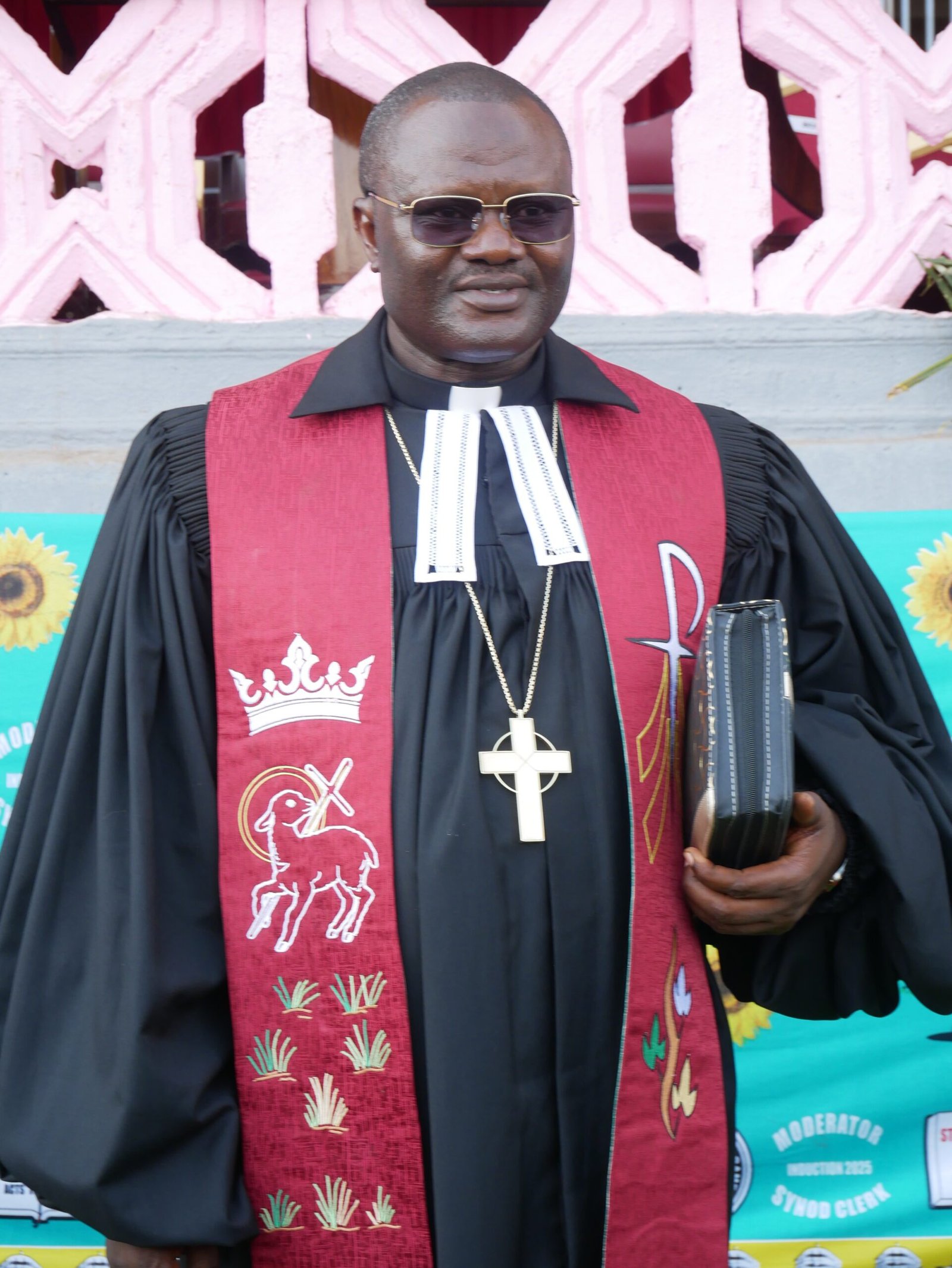

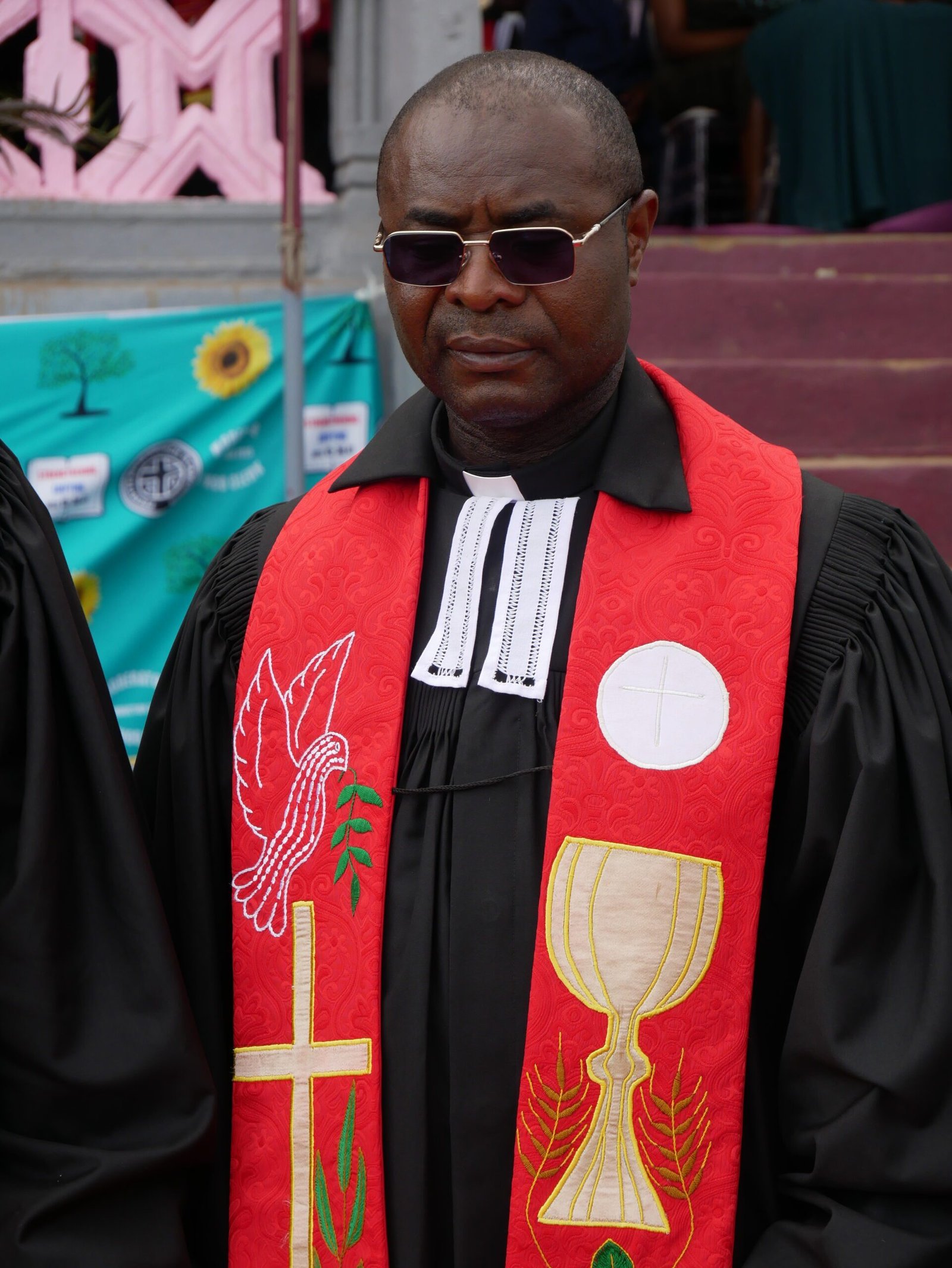

Synod Clerk
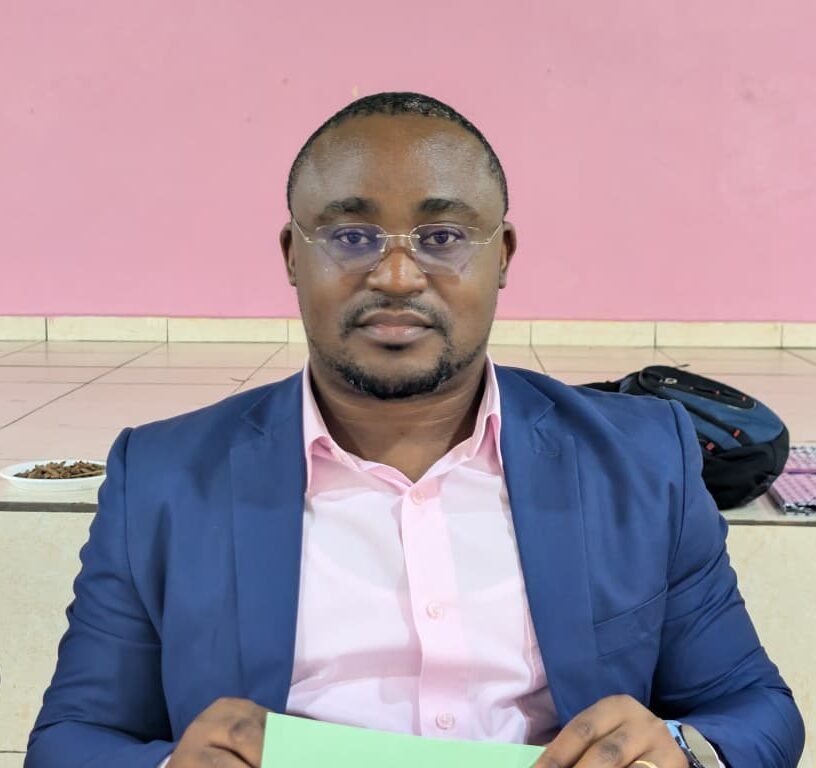

Financial Secretary
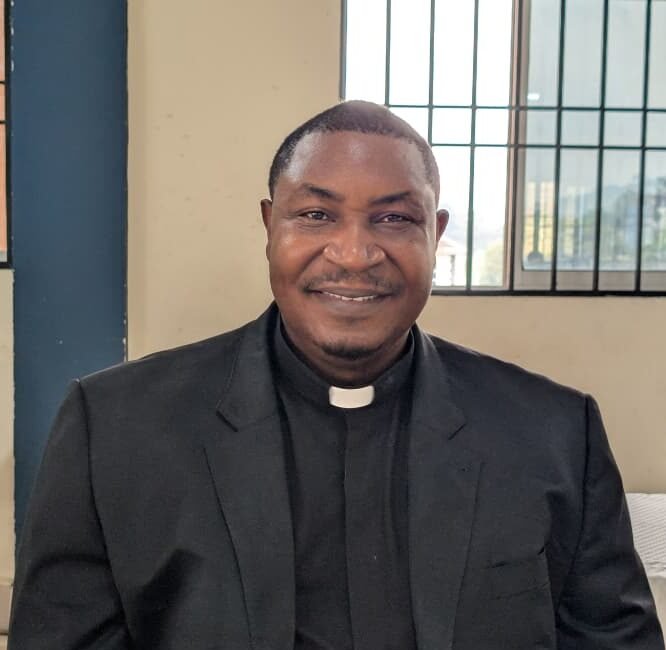

Secretary Committee of The Ministry
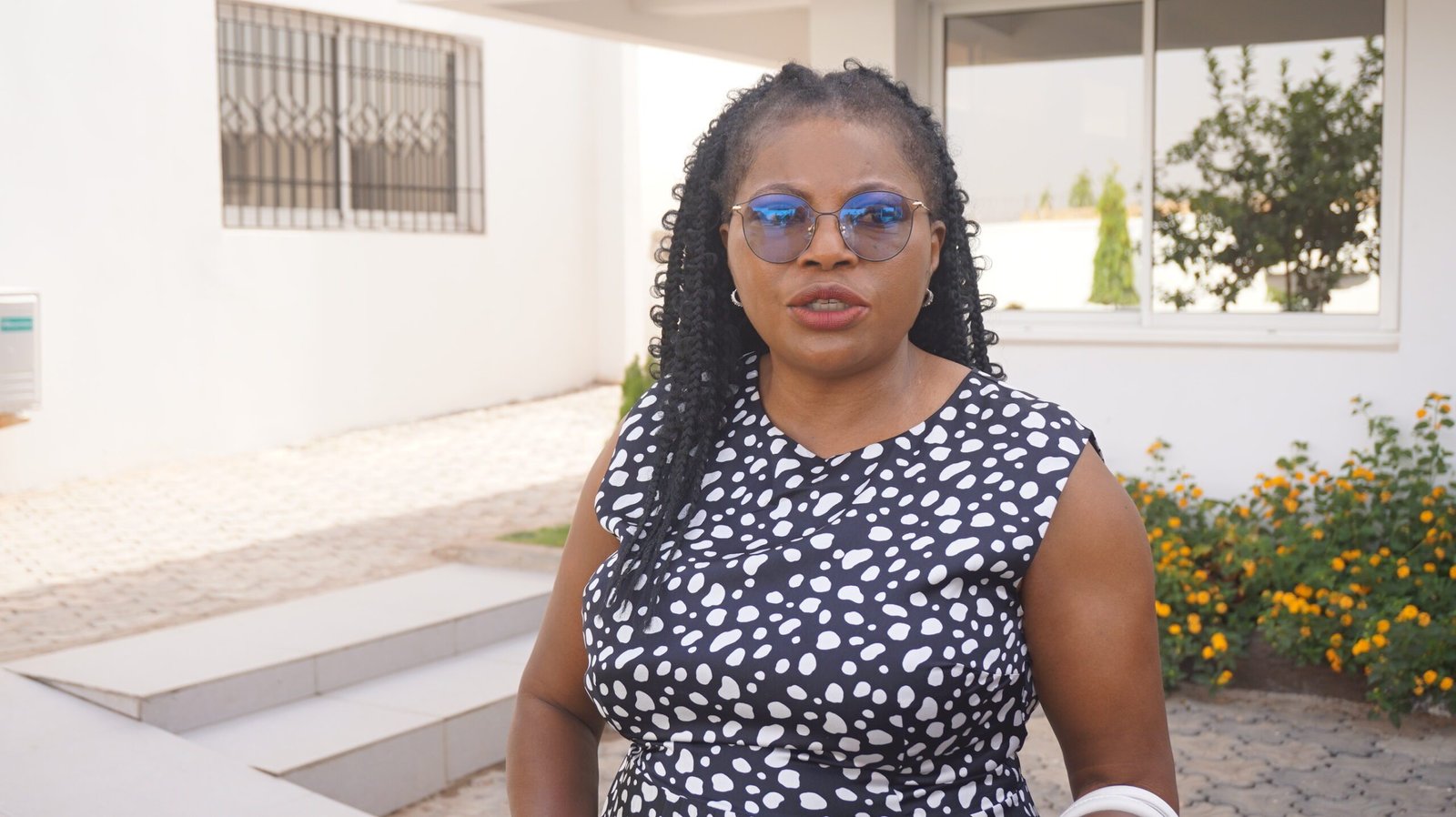

National Communication Secretary
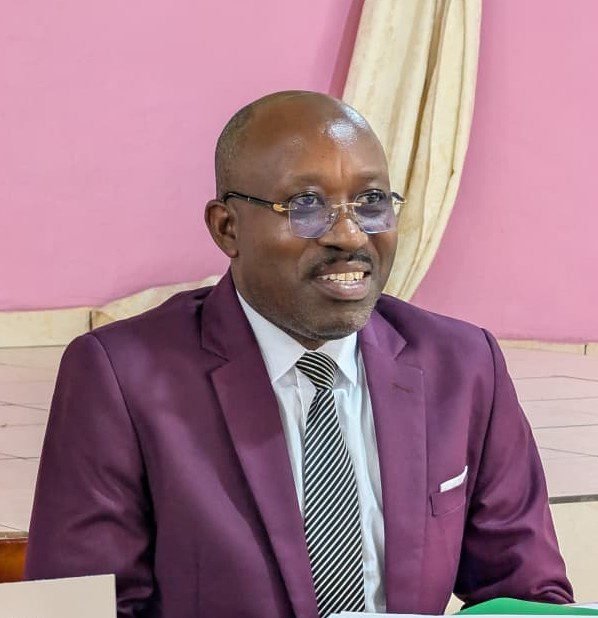

Education Secretary
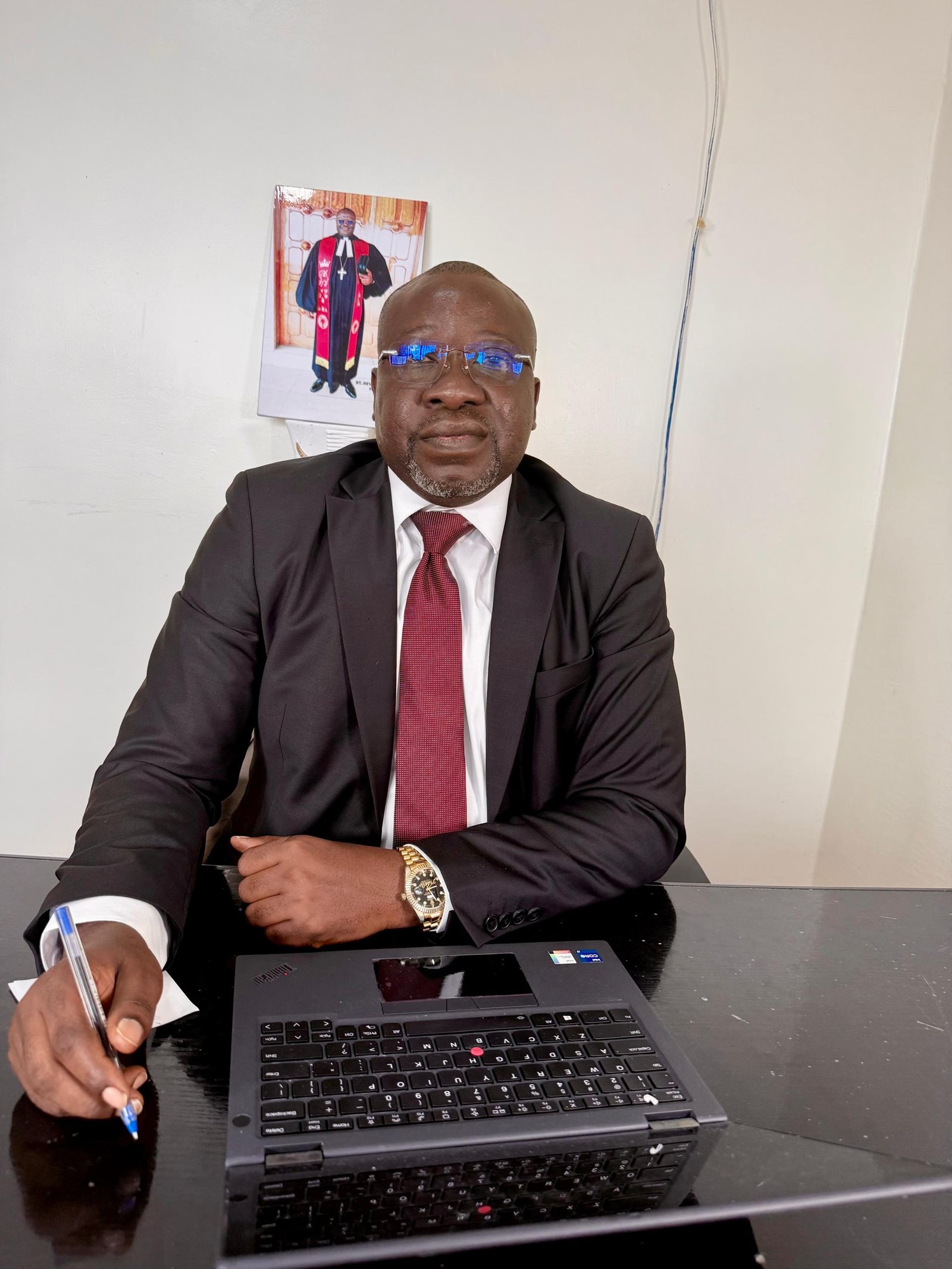

Health Services Secretary


Developement Secretary
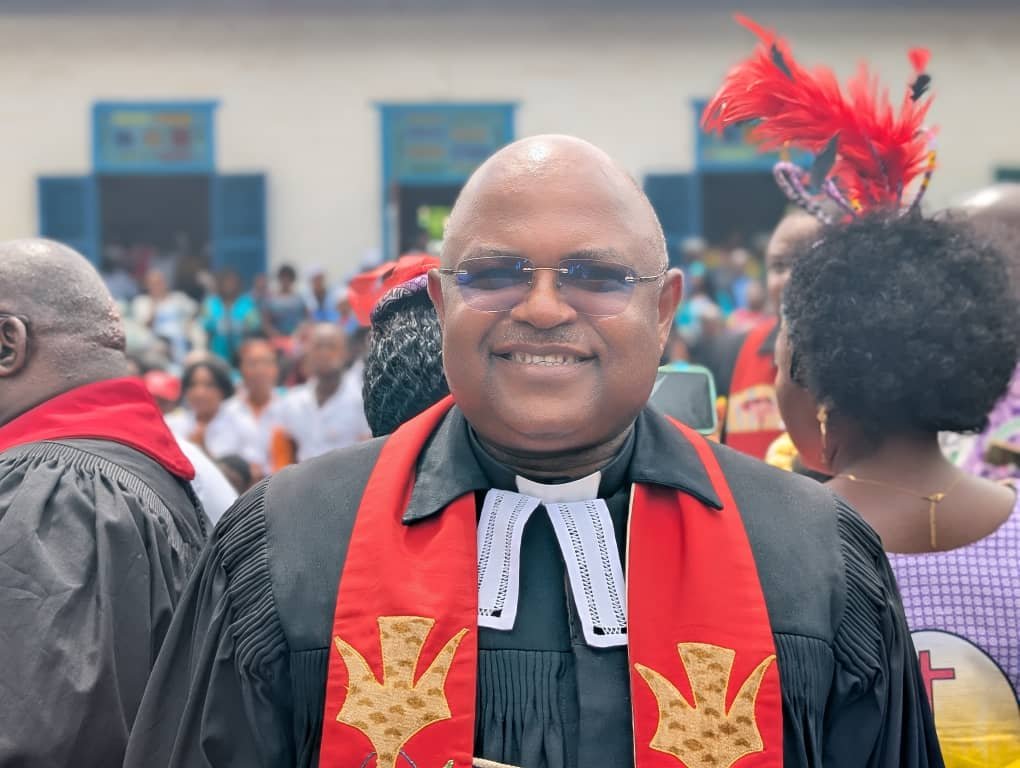

Constitution Committee Secretary
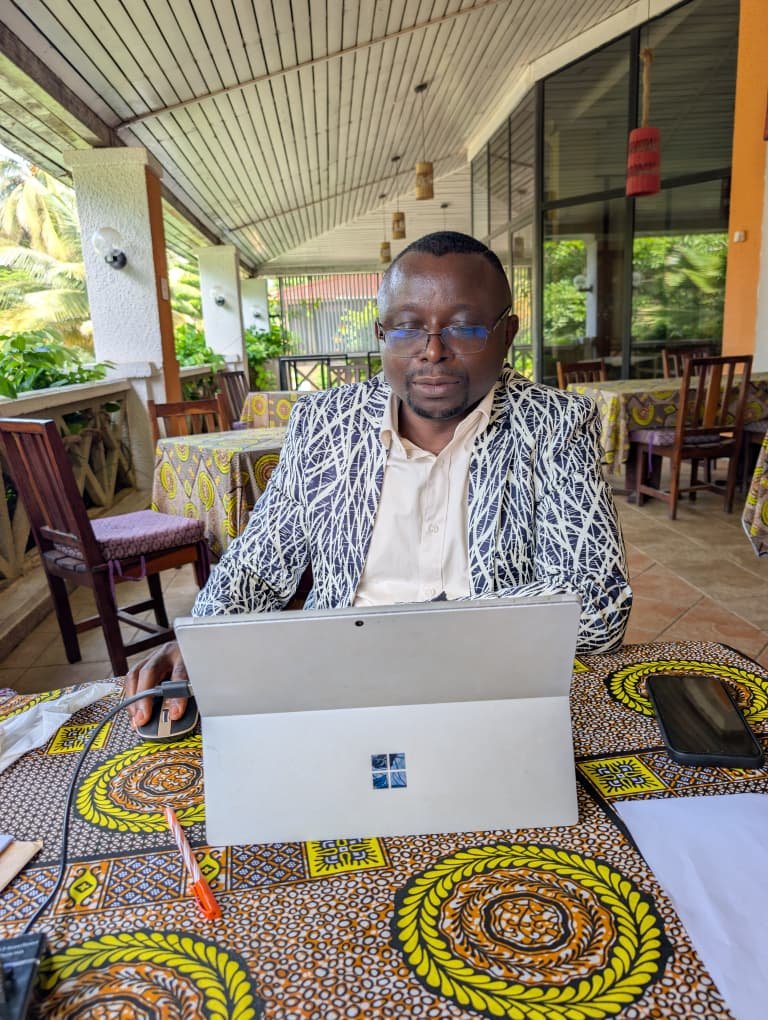

Secretary to the Moderator
The mission of the PCC, like that of the Universal Church, is to proclaim the Good News of God through Jesus Christ, in word and action. The proclamation of this Good News includes preaching the word, teaching healing, and liberating the people of God from sin. (Luke 4:18-19).
The PCC manifests her life in different activities. She preaches the word of God, instructs the catechumens, builds up the faith and life of the believers through the teaching of the word and the administration of the sacrament, through pastoral care and the exercise of discipline. She feels responsible for the education of the youths, men and women; the liberation for the oppressed, the care of those who suffer, and the practice of brotherly and sisterly care and love within her ranks. She also fulfils her mission through the work of different institutions and movements created by her.
1.) The church is the community of the people of God, who through the work of the Holy Spirit, come together in the name of Jesus Christ. She is the pilgrim people of God witnessing to God’s salvation, through word and deed, as she journeys towards God’s coming kingdom.
2.) The PCC witnesses to right, justice, truth and peace in the social, economic and political life of Cameroon and the world. This is done on the basis of love and forgiveness, in obedience to the Word of God, as recorded in the Holy Bible.
The PCC believes in God as revealed in Jesus Christ. She confesses Jesus Christ as her only Lord and Saviour, and follows Him in faith and works and does not listen to the voice of a stranger. The PCC believes that the Holy Spirit reveals Jesus Christ to the believers, sanctifies and leads them into all truth. God has given the Holy Spirit to all believers as a guarantee of salvation. Jesus Christ, the Lord of the one and Universal Church, builds His Church also in Cameroon. Through His Word, he calls men and women to believe in Him and create congregations that are members of the Holy Catholic and Apostolic church.
The PCC is the historical and Constitutional successor of the BASEL MISSION CHURCH IN CAMEROON established in 1886 as an external arm of the EVANGELICAL MISSIONARY SOCIETY OF BASEL (BASEL MISSION) in Switzerland. It maintains the spiritual, theological, and the material continuity of that missionary society, and upholds the Reformed Tradition as articulated in the historical reformed confessions and continued in the life and witness in the reformed community.
Late Rev. Abraham Ngole
31
Rev. Ayuk Solomom Eta
13th November 1958